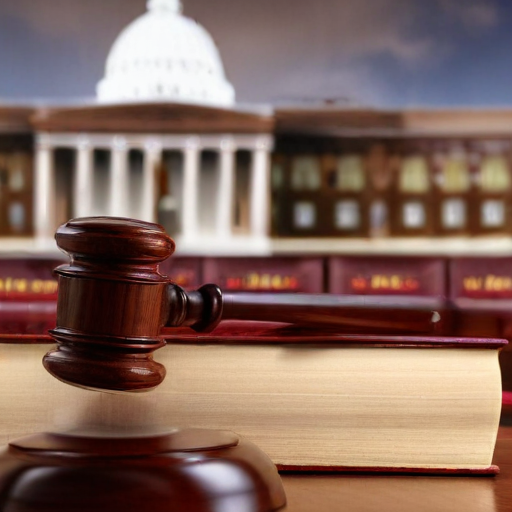Congress managed to reach a last-minute agreement to prevent a government shutdown during the holiday season, extending funding until March 14, 2025. However, this development also contributes to a growing list of legislative challenges facing President-elect Donald Trump’s upcoming administration.
Despite the Republican Party holding control over the White House, House, and Senate, they require Democratic support to maintain government operations in the coming months. The recent funding deal reflects a significant setback for Trump, who had called for Congress to either extend or eliminate the debt ceiling to simplify next year’s financial landscape. His threats of primary challenges against any Republican who supported the temporary funding without tackling the debt limit ultimately fell on deaf ears, as 170 House Republicans voted in favor of the funding bill.
In the wake of these events, the political atmosphere remains tense, setting the stage for a chaotic legislative session ahead. Republican Senator Ron Johnson criticized the short-term funding extension, suggesting it would hinder the party’s ability to kickstart Trump’s agenda effectively. He expressed frustration at the need for a more comprehensive solution that could span until next September.
Other Republicans, like Representative Andy Barr, emphasized the need for unity amongst party members. He encouraged the Trump administration to present legislative demands earlier in the process to help manage internal differences and facilitate smoother negotiations.
The last few days showcased a lack of communication among party members, with conflicts arising following Speaker Mike Johnson’s initial bipartisan proposal, which was ultimately undermined by Trump and Elon Musk. Despite some Republicans viewing the situation as an opportunity for growth in communication and collaboration, others remain unconvinced about the party’s ability to navigate upcoming challenges effectively.
For the upcoming year, Congress faces crucial deadlines, including government funding and addressing the debt limit to prevent potential defaults. Additionally, Republicans are tasked with confirming Trump’s nominees and passing significant legislation focused on immigration enforcement and tax reforms first introduced in 2017.
Major questions persist about the influence of private individuals like Musk in legislative matters, with concerns being raised from both parties regarding the implications of billionaire involvement in political decision-making.
In summary, the recent developments in Washington highlight the ongoing complexities and challenges that will shape Trump’s second term. While some party members express optimism about working together effectively, others warn that the internal divisions and unpredictability may continue to complicate legislative efforts.
It’s a critical moment for Congress, and as they prepare for the coming year, there is hope that bipartisan cooperation can emerge to address the pressing issues at hand. Although the road ahead may be rocky, it presents an opportunity for leaders to come together, fostering both resilience and progress in governance.
